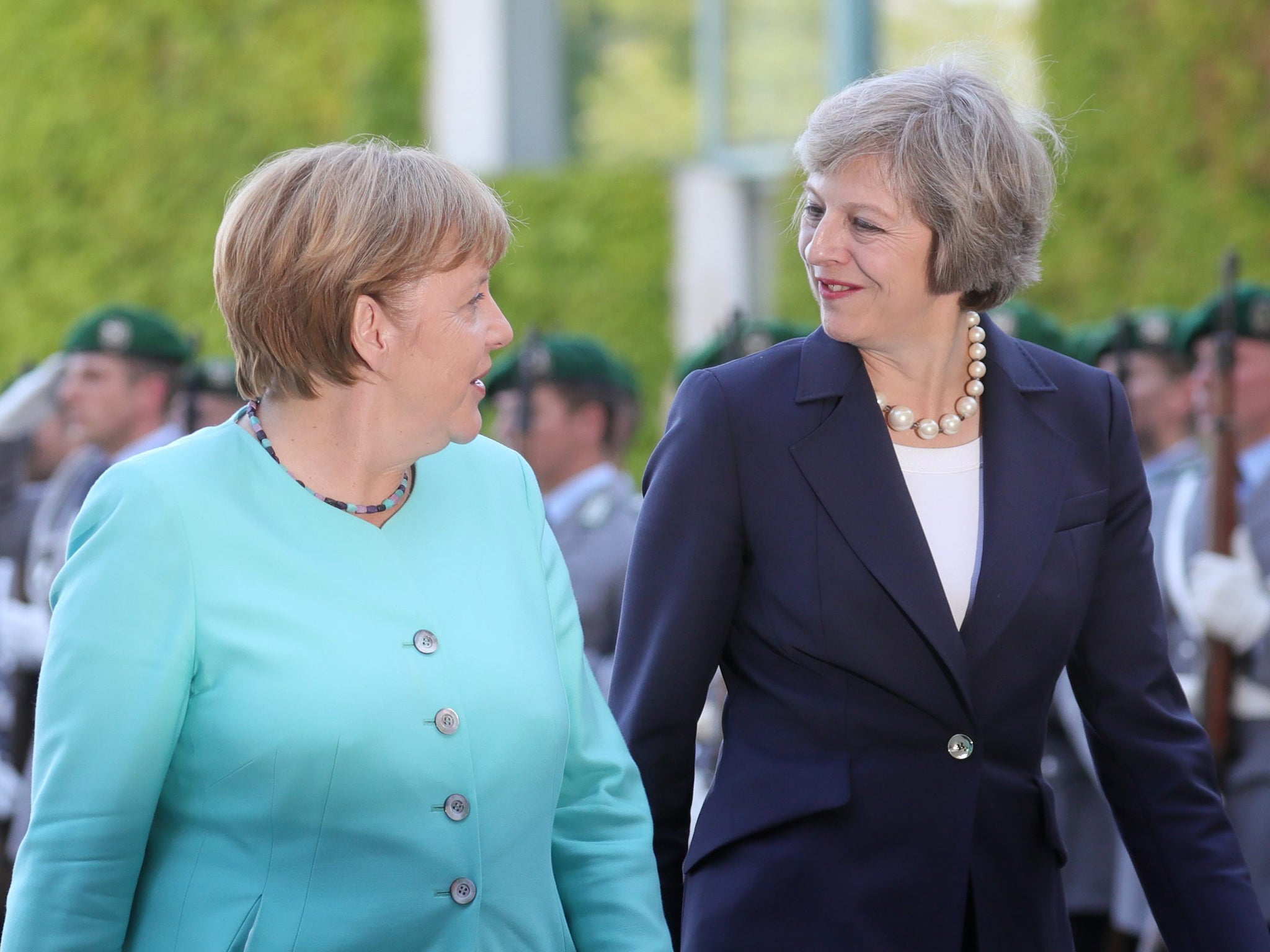Why it's time to accept the fact that Brexit may never actually happen
It may be easier for Theresa May's government to endlessly delay the process rather than to actually leave

Your support helps us to tell the story
From reproductive rights to climate change to Big Tech, The Independent is on the ground when the story is developing. Whether it's investigating the financials of Elon Musk's pro-Trump PAC or producing our latest documentary, 'The A Word', which shines a light on the American women fighting for reproductive rights, we know how important it is to parse out the facts from the messaging.
At such a critical moment in US history, we need reporters on the ground. Your donation allows us to keep sending journalists to speak to both sides of the story.
The Independent is trusted by Americans across the entire political spectrum. And unlike many other quality news outlets, we choose not to lock Americans out of our reporting and analysis with paywalls. We believe quality journalism should be available to everyone, paid for by those who can afford it.
Your support makes all the difference.The more time goes by, the more plausible it becomes that the UK may never actually leave the European Union.
Leaving the EU is so difficult, and the consequences are so economically damaging, that it may be easier for prime minister Theresa May's government to endlessly delay the process rather than to actually leave.
Morgan Stanley economists Jacob Nell and Melanie Baker published a fascinating note to investors this morning in which they attempt to figure out how the UK will actually leave the EU, and what the UK's post-Brexit relationship with Europe will look like.
Nell and Baker do not make any specific predictions about how the UK will leave the EU, but they do point out two key facts:
- The EU will not give the UK a deal in which Britain gets access to the single market but opts out of the "freedom of movement" requirement that lets EU migrants into the country. In fact, the EU cannot give this deal to the UK because it would represent an existential threat to the EU itself: If one country gets access to the single market while controlling its own immigration borders, then every country in the EU will want to do the same.
- Leaving the EU will cause such massive damage to the UK economy that it might be political suicide for any government to actually leave despite the fact that a majority of people voted Leave in the EU Referendum.
You can sum up the problem in 10 easy steps:
1. The Conservative government has a small majority of just 12 seats.
2. Prime minister Theresa May is pro-Remain.
3. A majority of MPs are pro-Remain. "Parliament had a clear pro-Remain bias since over 70% of all MPs and over 50% of Conservative MPs supported Remain," according to Morgan Stanley.
4. The government faces a general election in 2020, right after the UK — in theory — leaves the EU.
5. One million UK voters live in EU countries. The vast majority of them will vote against any government that threatens their EU residency status.
6. Reduced access to the single market will hurt the economy. The mere prospect of it is already triggering a recession in the second half of this year.
7. Do the Tories really want to go into the 2020 election defending a policy that hurts the economy and increases unemployment?
8. The EU will not offer the UK a "special deal" featuring full access to the single market but control of UK borders because such a deal would encourage other nations to leave. Nationalist movements, and anti-EU sentiment, are on the rise across Europe.
9. The EU can withdraw the UK's bank "passport" that gives UK financial services firms access to the single market. Do the Tories want to go into 2020 defending a policy that decimates The City, which (according to Morgan Stanley) pays 11% of the UK's entire tax base?
10. Triggering Article 50 is reversible! Not many people know this. But the UK can formally trigger its Article 50 request and then withdraw the request before Brexit actually takes place, if the country wants to.
On those assumptions, May's government is heavily incentivised to drag its feet over the Leave negotiations. It would be much easier for the Tories to be seen to be negotiating an exit, while not actually exiting, than actually leaving Europe. Especially when 2020 comes around.
The new government after 2020 will face a similar choice. Unless that government is an expanded Tory majority dominated by hardcore eurosceptics, then you should expect Brexit to be pushed back even further as "crucial" trade negotiations continue ... indefinitely.
Read more:
• 13 useful life hacks you can learn in a minute
• Why Microsoft's chatbot turned into a racist
• Everyone is worried that the China bubble will pop
Read the original article on Business Insider UK. © 2016. Follow Business Insider UK on Twitter.
Join our commenting forum
Join thought-provoking conversations, follow other Independent readers and see their replies
Comments